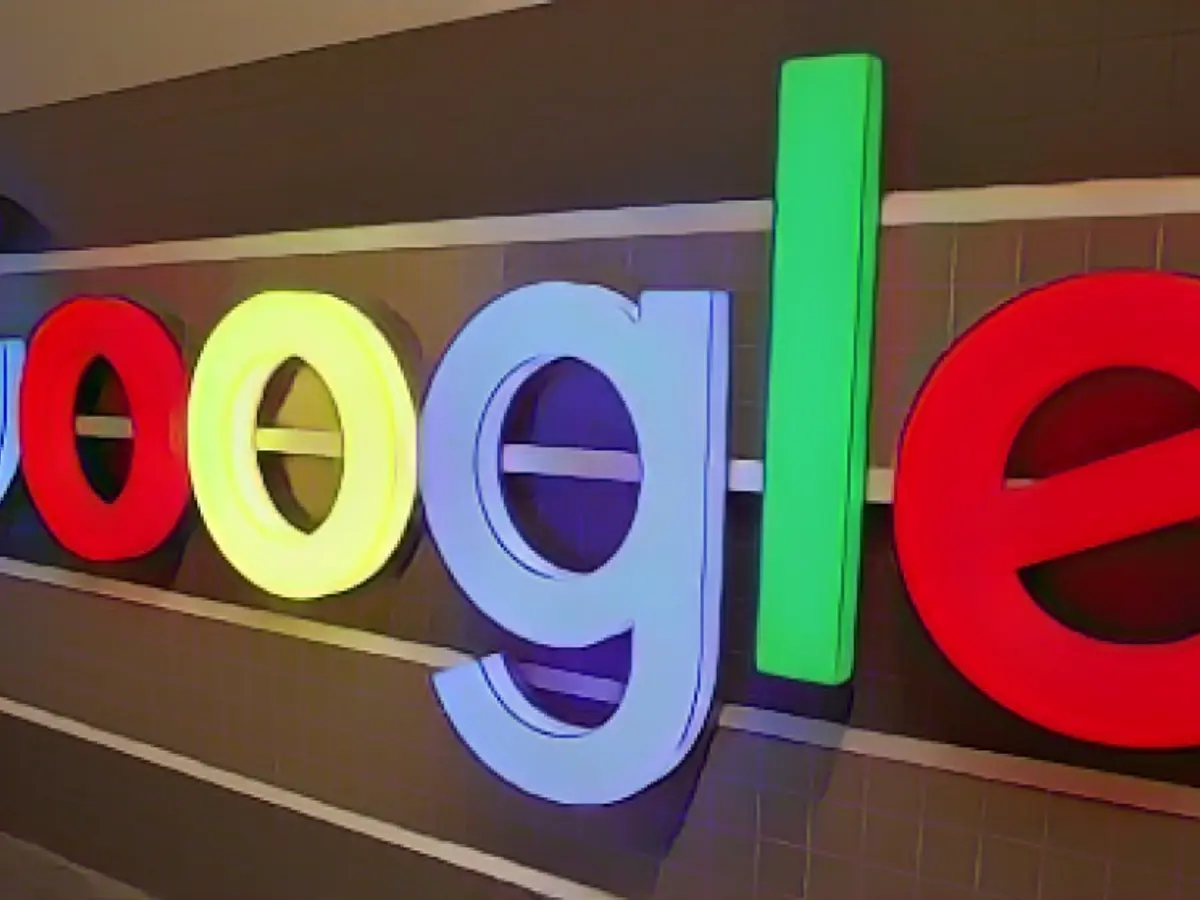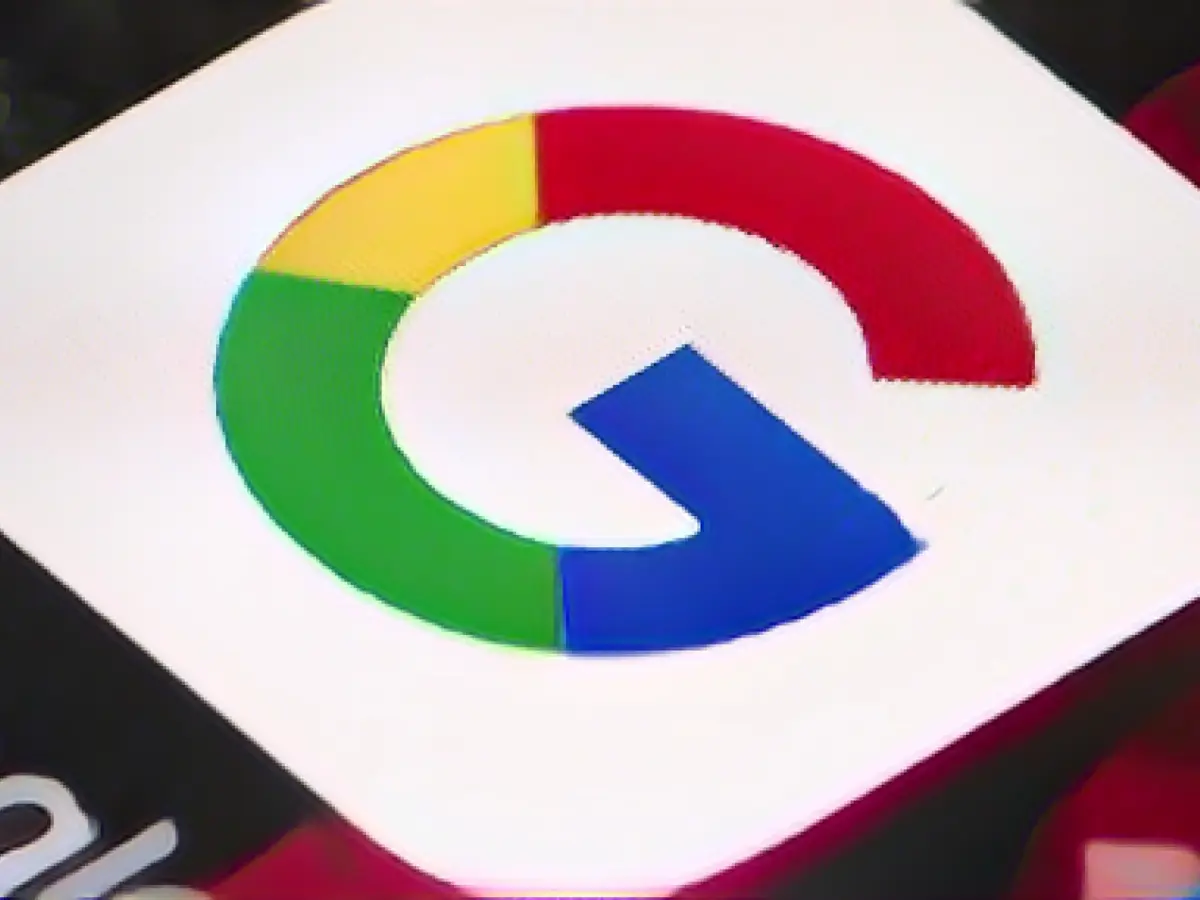Fortnite Developer's Victory over Google: Court Slaps the Tech Giant
A jury in California's San Francisco city handed down a ruling on Monday, condemning Google for establishing an illicit monopoly with its Play Store and payment system. Epic Games' CEO, Tim Sweeney, celebrated their triumph in a brief message on X, formerly known as Twitter.
Google's Appeal on the Verdict
The court now needs to determine the consequences stemming from the jury's verdict. Google promptly announced it would challenge the decision.
Epic Games initiated legal action against Google in 2020 over the hefty 30% fees it collects on app sales. The Fortnite developer accused Google of violation of antitrust laws. Epic Games also filed a lawsuit against Apple in 2020, resulting in a Californian federal judge ruling in 2021 in favor of the tech giant, dismissing Epic Games' claim that Apple had a monopoly. The trial against Google only commenced in early November.
The Android vs. iOS Dilemma
Smartphones primarily rely on Apple's iOS and Google's Android operating systems. Epic Games launched an attack on both behemoths in 2020, releasing an updated version with its own payment system. This bypassed Apple's App Store and Google's Play Store. Apple promptly banned the Fortnite app for mobile devices, leading to Epic Games filing a lawsuit.
Unlike Apple's closed system, Google grants Android users access to alternative download platforms for apps and games. However, Epic Games contends that the Android app domain is scarcely more open than iOS. Google strengthens its market dominance through strategic deals with various companies, among other tactics.
Antitrust Concerns
Apple and Google maintain that the 30% commission on app sales is in line with market standards. These revenues are crucial for ensuring the safety and security of the app marketplaces and payments.
Google's Adversities
Google's business model could be significantly impacted if the court's ruling stands. Lower commission rates on in-app purchases might become customary, reducing Google Play Store's income.
Google has already appealed the initial verdict, buying itself more time. The Court of Appeals is set to issue a ruling shortly, with a possible escalation to the US Supreme Court if Google loses.
The Wider Implications
The Epic Games vs. Google verdict casts a shadow over tech giants and their potential to stifle competition. It opens up opportunities for future antitrust lawsuits, notably against other companies like Apple and Microsoft.
Sources
- Google's monopolistic practices in the Android app domain are sustained through contractual agreements, thereby limiting the platform's apparent openness.
- While Android users can access external apps download platforms, Epic Games claims that the Android app market is not fundamentally more open than Apple's iOS.
- Epic Games took issue with Google's 30% commission fees on app sales and its restriction of alternative payment systems.
- The global tech community keenly observes the aftermath of the court's ruling to determine its impact on Google's Android market and app ecosystem.
Enrichment Data:
- The verdict entails remedies to curb anti-competitive practices: a. Google is compelled to open the Google Play Store to third-party app stores such as the Epic Games Store. b. Google must facilitate alternative methods of payment, inevitably circumventing Google Play Billing. c. Google cannot make strategic deals with carriers and device manufacturers for pre-installed Play Stores, or thwart the installation of competing app stores, until November 1, 2027.
- The ruling's impact on Google's business model: a. A possible reduction in revenue from the Play Store, due to lower commission rates for in-app purchases. b. Increased competition amongst developers who may offer more favorable terms to app makers.
- The appeals process and potential delays: a. An announced appeal from Google, resulting in a temporary halt in implementing remedies while the appeal process is ongoing. b. A 2022 ruling from the Court of Appeals, and a possible escalation to the US Supreme Court should Google lose.
- Wider antitrust implications: a. Influential precedent for antitrust cases against tech giants, enabling future litigation against companies like Apple and Microsoft. b. Ongoing scrutiny of tech companies' business practices and their potential to stifle competition.
- Additional antitrust penalties beyond the app store case: a. The possibility of Google being forced to sell its Chrome web browser due to Google's search engine being ruled an illegal monopoly.







